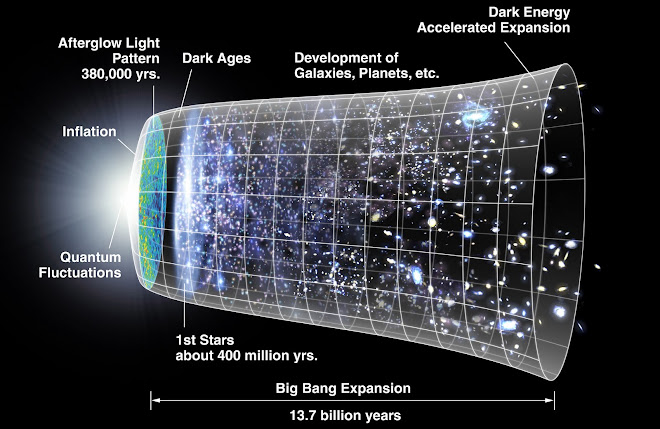In a March 14, 2019 post titled "The End of
the West?" appearing in his blog Gypsy Scholar, Professor Hodges
quotes Andrew J. Bacevich, who asks if we are now living in "A World Without
the West"? Mr. Bacevich begins:
Does the West still exist? Most American politicians,
journalists, and policy intellectuals seem to think so, or at least they
pretend to . . . . In its heyday, the West--used more or less interchangeably with
the phrase "free world"--was much more than a conglomeration of
countries. The term itself conjured up a multiplicity of images: peoples
sharing a devotion to freedom and democracy; nations mustering the political
and cultural cohesion to stand firm in a common cause; sacrifice and
steadfastness in the face of evil . . . . For several decades after 1945, the
West imparted legitimacy to U.S. claims of global leadership. Nations said to
make up the West endorsed, or played along with, the notion that the United
States was exceptional and indispensable. Endlessly reiterated in stump
speeches and newspaper editorials, this proposition came to seem self-evidently
true -- or at least expedient. Today, it is neither. Seven decades after World
War II and three decades after the end of the Cold War, to pretend that
something called the West, taking its cues from Washington, continues to play
an organizing role in international politics is to indulge in a vast
self-deception. It's time to see the world as it is, not as we might wish to
remember it. The collapse of the Soviet Empire at the end of the 1980s robbed
the West of its principal geopolitical rationale. Nominally, Western unity
derived from common values; in reality, it derived from a common threat. Once the
threat vanished, centrifugal forces were certain to make their appearance.
I wonder, could there be some alternative language
that will allow us to grasp the issue more effectively, or help us to uncover
additional dynamics that will help to clarify the issue? I think so. Here is my
suggestion:
Though obviosuly not his express intet, Bacevich's
nevertheless neatly sets the "delimitations" for the concept (and the
phrase) we call "The West." And of course I am aware "The
West" was used prior to WWII; Spengler, for instance. ( And when, by the
way, did the phrase emerge?)
But rather than the bold refication of some sort of western "realm,"
what is rather more essential to the matter he considers is the "Middle
Class" as a societal phenomenon in world history--the broad movement
towards democratization, rule-of-law and the utilitarian distribution of goods
and services that "flourished" in the Renaissance, moved through five
centuries of evolutions and re-formulations, and which won a precarious "victory"
in 1945. That is to say, "The West" he speaks of is a post-WWII
geopolitical designation, and it's substance has been the protections that
political group (The West) has in the past seven decades extended toward the
Middle Classes in North America, Western Europe, South Korea and Japan.
So while we should be concerned about "The
West" and speak of it as does Bacevich, we should also do well to talk
about the Middle Class as a global movement (and a grouping) that is
participating in, regulating, protecting, and benefiting from equitable trade,
democracy, rule of law, and cultural, religious and ethnic pluralism, etc.
It is these things--equitable trade, democracy, rule
of law, and cultural, religious and ethnic pluralism--that are under threat.
I'll close with something Aristotle said:
Thus it is manifest that the best political community
is formed by citizens of the middle class, and that those states are likely to
be well-administered in which the middle class is large, and stronger if
possible than both the other classes, or at any rate than either singly.
-- Aristotle, The Politics, Book IV, Part XI











































